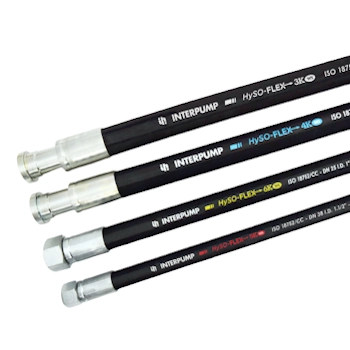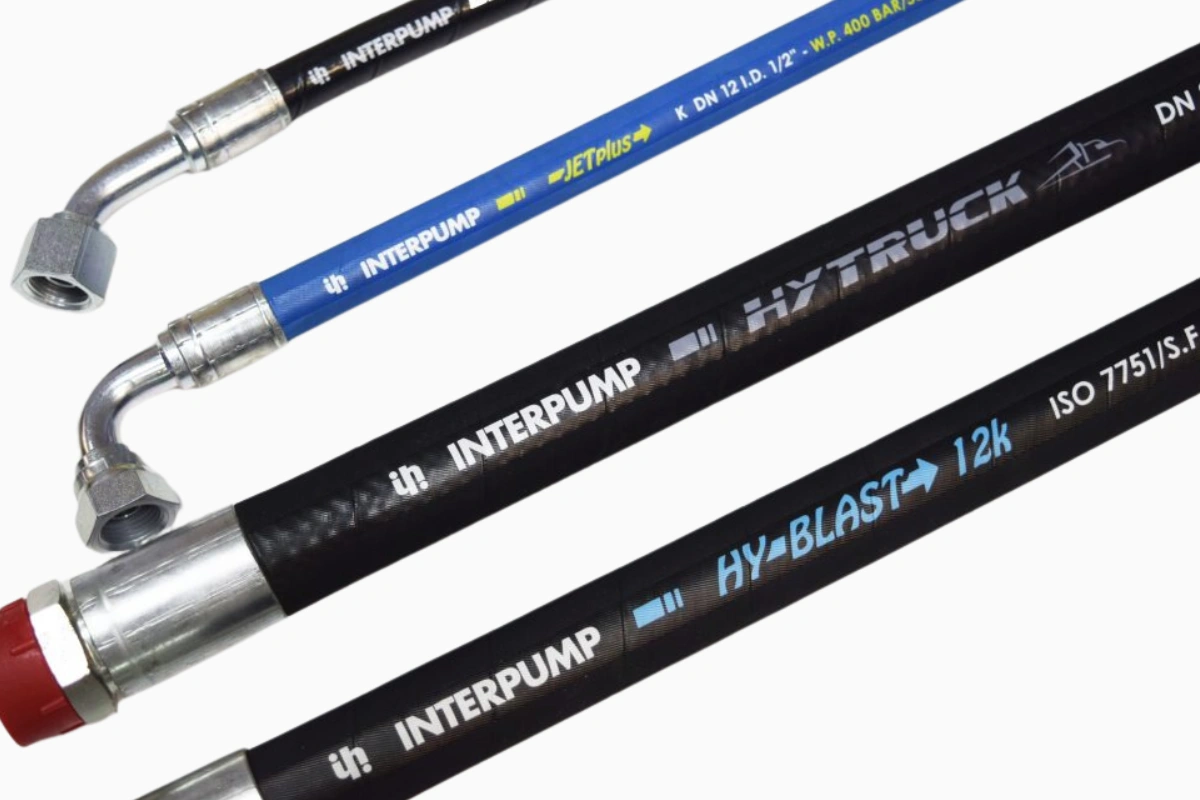Hydraulic Tubes are an essential component of any hydraulic system, as their primary function is to transport pressurized fluids between the various components of the circuit, ensuring the proper functioning of the system. However, not all hydraulic Tubes are the same: there are different types designed to meet specific operational needs. To determine which are the best hydraulic Tubes, it is important to consider factors such as material, pressure resistance, and the operating environment.
For a complete selection of high-quality hydraulic Tubes, visit our page dedicated to Tubes and Accessories.
How to choose the best hydraulic Tubes
High-quality materials
The material a hydraulic Tube is made of directly affects its performance and durability. The best hydraulic Tubes are made of materials resistant to wear, corrosion, and extreme temperatures. The best materials are:
- Synthetic rubber: Used for flexible Tubes, it offers good chemical resistance and long durability.
- Stainless steel: Ideal for rigid Tubes, it ensures superior resistance to pressure and corrosion.
- Thermoplastic polymers: Lightweight and flexible, they offer excellent chemical resistance and are ideal for mobile or agricultural applications.
Pressure resistance
Another key aspect is the ability of the hydraulic Tube to withstand the operating pressure of the system. The best hydraulic Tubes must be able to handle high pressures without risk of failure or leakage. Depending on the pressure level—low, medium, or high—you should select the appropriate Tube type for light applications, such as transporting non-pressurized fluids, moderate pressures, or high pressures in heavy machinery and high-intensity industrial applications.

Which hydraulic Tubes to choose based on the application?
Tubes for industrial applications
In industrial applications, hydraulic Tubes must withstand high pressures and challenging operating conditions. Stainless steel Tubes or Tubes reinforced with metal braids are often the best choice, thanks to their ability to handle extreme pressures and their resistance to wear. Consider durability and reliability to ensure safe operation even in harsh conditions and reduce downtime for maintenance.
Tubes for mobile machinery
Mobile machinery, such as excavators, tractors, and cranes, require hydraulic Tubes that are flexible yet durable. Flexible Tubes made of synthetic rubber or thermoplastics are ideal for these applications, as they can withstand continuous movement and vibrations. The flexibility and vibration resistance of these Tubes allow for easy installation and prevent damage caused by repeated movements.
Tubes for agricultural applications
Agricultural applications, such as irrigation systems or hydraulic tools, often require Tubes that can withstand harsh environmental conditions, such as UV exposure and contact with chemicals. Thermoplastic Tubes are particularly suitable for these needs, as they are ideal for transporting fertilizers or chemical fluids and facilitate both installation and transportation in the field.

